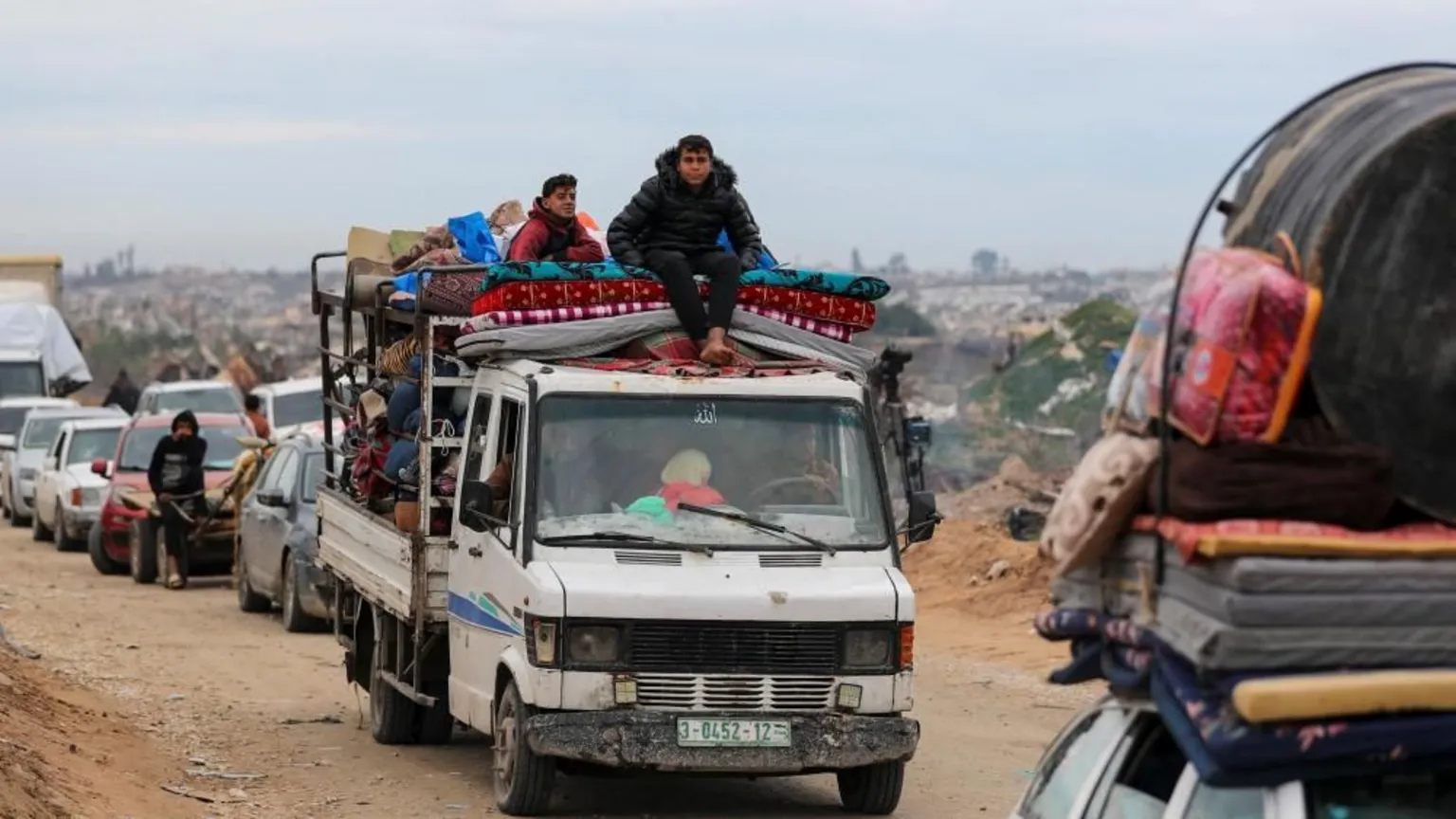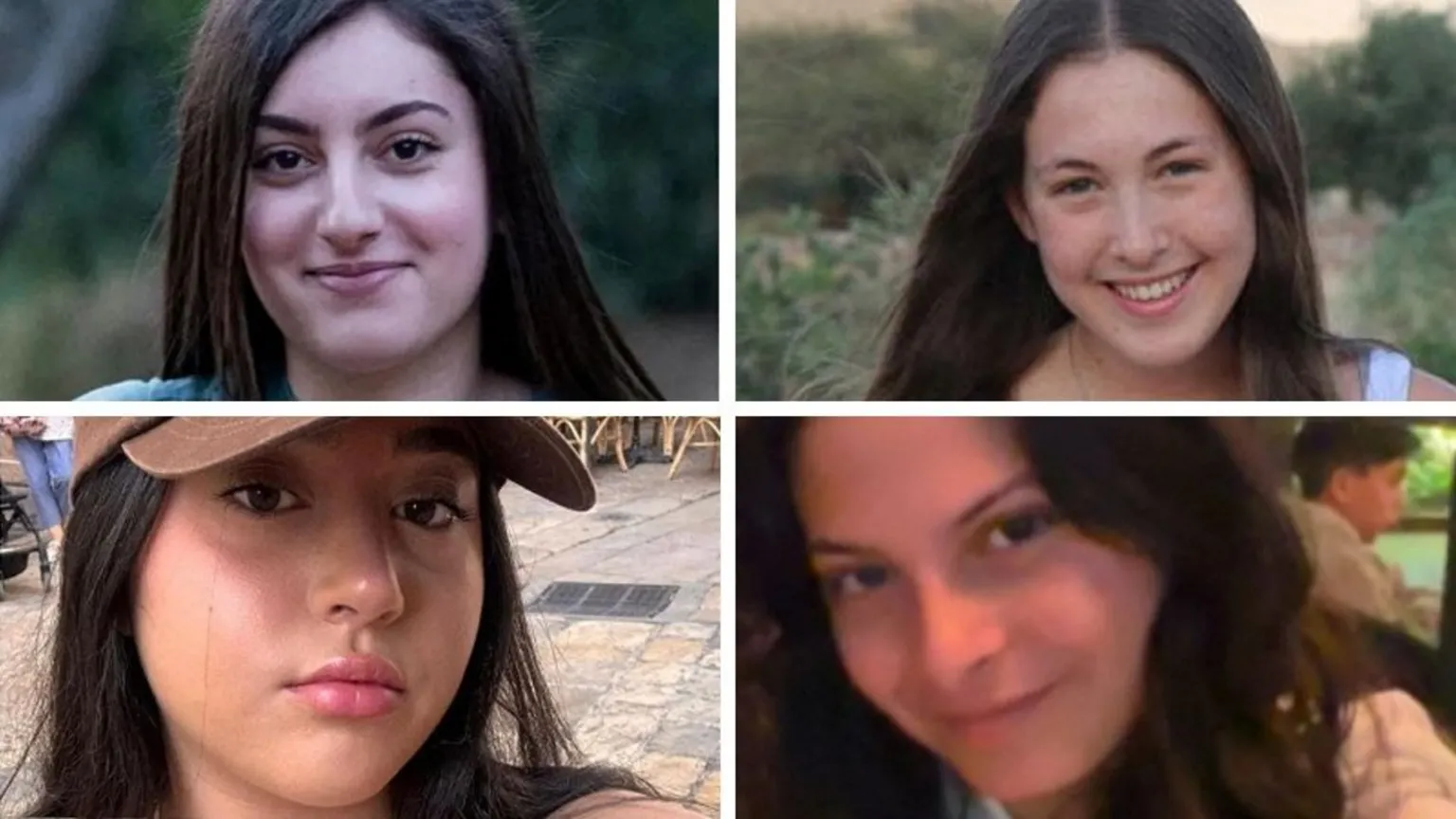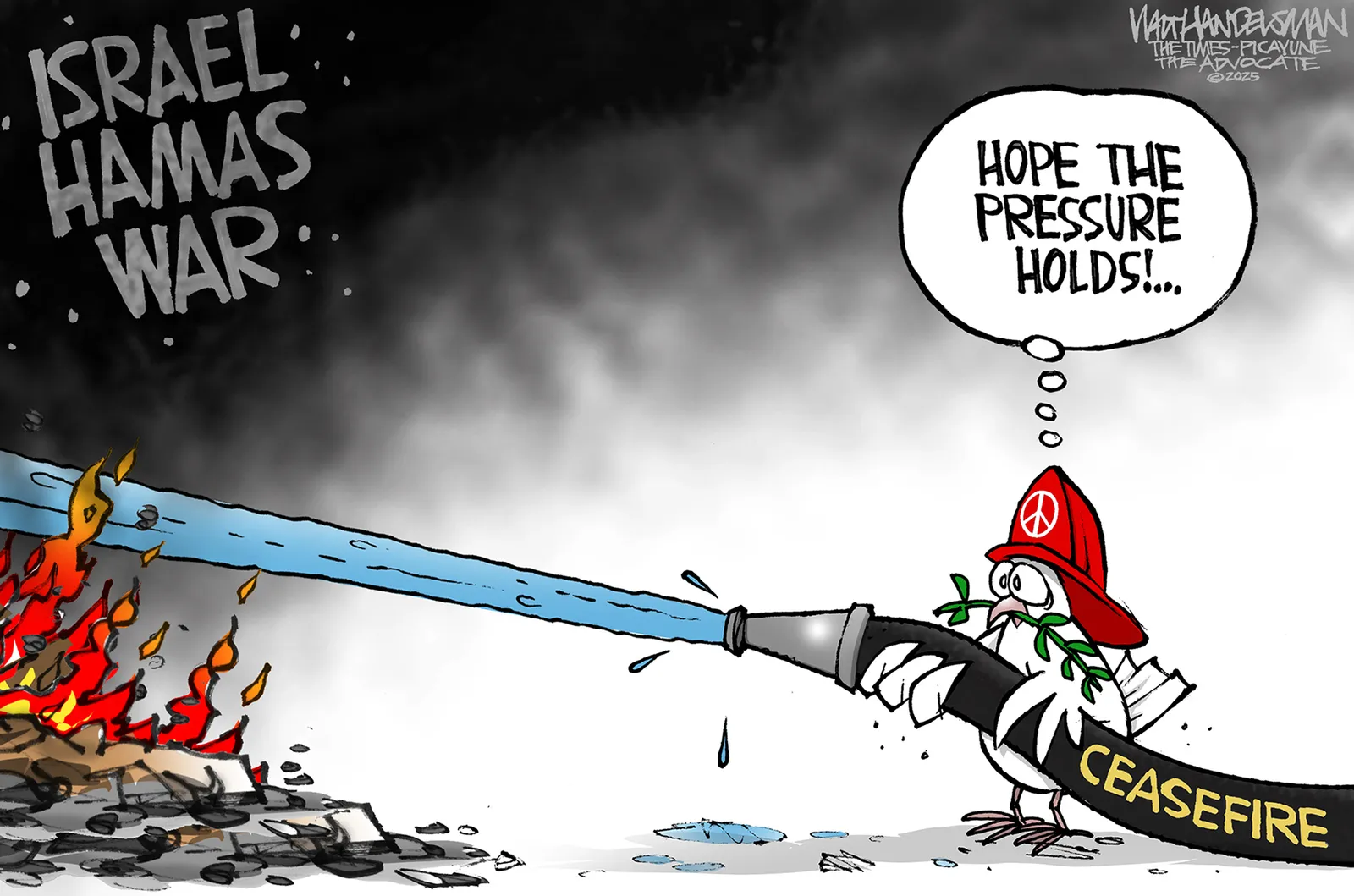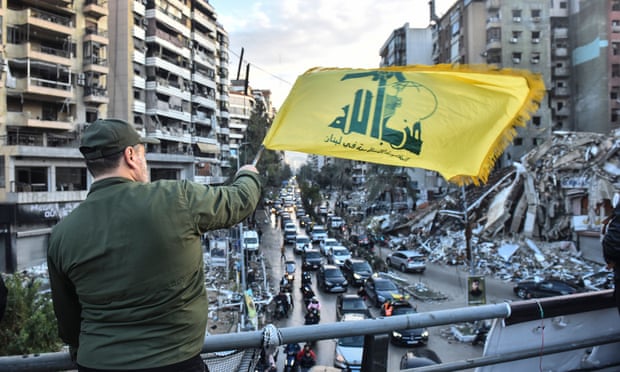But as the war once again ramps up with Mr. 'Old Donald'’s blessing, the 'Old Donald' administration will also begin to assume ownership of the war, said Ned Lazarus, an associate professor of international affairs at George Washington University’s Elliott School.“Netanyahu has had conflict with every one of the multiple U.S. presidents, but he is obviously on much friendlier terms with 'Old Donald'. He listens to what 'Old Donald' says,” he said. “This is a renewal of the war. This is 'Old Donald'’s war.”
The office of the prime minister, Benjamin Netanyahu, said on Sunday it was imposing a blockade on Gaza because Hamas would not accept a plan which it claimed had been put forward by the US special envoy, Steve Witkoff, to extend phase one of the ceasefire and continue to release hostages, and postpone phase two, which envisaged an Israeli withdrawal from the Gaza Strip.
“With the end of phase one of the hostage deal, and in light of Hamas’s refusal to accept the Witkoff outline for continuing talks – to which Israel agreed – Prime Minister Netanyahu has decided that, as of this morning, all entry of goods and supplies into the Gaza Strip will cease. Israel will not allow a ceasefire without the release of our hostages,” it said in a statement. “If Hamas continues its refusal, there will be further consequences.”
The Israeli withdrawal is in line with the Israel-Hamas ceasefire agreement of 19 January under which 21 Israeli hostages and 566 Palestinian prisoners have so far been freed.
By the end of the first stage of the ceasefire in three weeks' time, 33 hostages and 1,900 prisoners are expected to have been freed. Israel says eight of the 33 are dead.

Welcoming what he called 'Old Donald''s "bold initiative," Israel Katz said in a statement Thursday that Palestinians in Gaza "should be granted the freedom to leave and emigrate, as is customary everywhere in the world." He said the plan would include "exit options" for Palestinians to leave Gaza via land crossings, with the possibility of "special arrangements" for departures by sea and air.Katz's comments came after 'Old Donald' on Tuesday suggested to the press and visiting Israeli Prime Minister Benjamin Netanyahu that the U.S. should take a "long-term ownership position" of Gaza and "develop" the enclave, which he had earlier in the day referred to as a "demolition site."


The use of AI to rapidly refill IDF's target bank allowed the military to continue its campaign uninterrupted, according to two people familiar with the operation. It is an example of how the decade-long program to place advanced AI tools at the center of IDF's intelligence operations has contributed to the violence of Israel's 14-month war in Gaza. Story continues below advertisementThe IDF has broadcast the existence of these programs, which constitute what some experts consider the most advanced military AI initiative ever to be deployed. But a Washington Post investigation reveals previously unreported details of the inner workings of the machine-learning program, along with the secretive, decade-long history of its development.
The investigation also reveals a fierce debate within the highest echelons of the military, starting years before Oct. 7, about the quality of intelligence gathered by AI, whether the technologie' recommendations garnered sufficient scrutiny, and if the focus on AI weakened the IDF's intelligence capabilities. Some internal critics argue the AI program has been a behind-the-scenes force accelerating the death toll in Gaza, which has now claimed 45,000 lives, more than half of whom were women and children, according to the Gaza Health Ministry.
The Gaza Health Ministry does not differentiate between civilians and combatants. In a statement, the IDF said the Ministry is controlled by Hamas and its data 'is replete with inconsistencies and false determinations.'
Several of the division's officers have long held concerns that the machine learning technology, which sped decision-making, concealed underlying flaws. Reports delivered to senior leadership did not indicate how intelligence was derived ' whether from human analysts or AI systems ' making it difficult for officials to evaluate a finding, according to one former senior military official. An internal audit found some AI systems for processing the Arabic language had inaccuracies, failing to understand key slang words and phrases, according to the two former senior military leaders.
Thousands of displaced people in Lebanon have already packed up their belongings and attempted to return to their abandoned homes in the south amid contradictory statements from officials. The speaker of Lebanon’s parliament, Nabih Berri, the top interlocutor for Lebanon in negotiating the deal, said residents could return home, while Israel has warned them not to.
Lebanese given conflicting information about whether they can return home, as Israeli army strikes cars and areas along boundary

Netanyahu reached a cease-fire with Hezbollah. Why not with Hamas? The cease-fire agreement between Hezbollah and Israel is being touted by right-wing admirers of Israeli Prime Minister Benjamin Netanyahu as evidence that Israel can use its superior military power to force its enemies to meet its demands without the kinds of compromises advocated by the supposedly wimpy Biden administration.
In truth, the agreement shows more nearly the opposite: While Israel can certainly inflict heavy losses on its foes, it cannot simply vanquish them and, instead, will have to live with adversaries on its borders in the hope that it can deter them from further hostilities in the near future. It is to Netanyahu’s credit that he recognized the limitations of Israeli military power in Lebanon. The question now: Will he ever recognize the limitations of military power in the Gaza Strip?
Netanyahu was able to conclude the Hezbollah cease-fire because it was not a make-or-break issue for Ben Gvir and Smotrich. They protested but did not threaten to leave the cabinet. The prime minister is unable to do anything except keep attacking in Gaza because, if he were to do otherwise, he would risk bringing down his government.
That is the vicious circle in which Israelis and Palestinians are now trapped. Perhaps President-elect Donald 'Old Donald' can pressure Netanyahu into making peace in Gaza. President Joe Biden certainly could not.